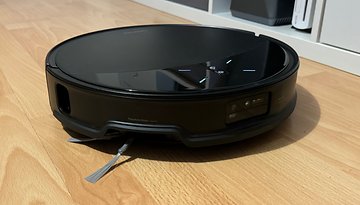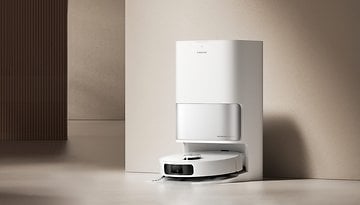Smart switch rant: The absurdity of replacing a light switch


Life or death, night or day, on or off, all these concepts are delightfully simple. Somehow in a twisted manner, however, manufacturers of smart home products have managed to replace this simple concept in many households with voice commands and smartphone controls. Smart light switches suck, even if they are advertised as being particularly practical and clever.
As you've probably noticed, NextPit has started to venture into different aspects of the smart home in recent times. This is because there is a trend toward the enhancement of one's own home, with the 'only' conclusion being seemingly the addition of the prefix "smart" to the word "home". A paradise of automation, where the surrounding environment adapts to us and our needs automatically. This is the last piece of the jigsaw puzzle that we need to be able to binge watch even more series on Netflix. Of course, we want to help you with our selection of articles and guides.
The advantages of letting devices in your own home communicate with each other are sometimes really obvious. The fact that I can even hear when someone tries to break into my door while I'm on vacation is great! This is because my otherwise expensive smart home equipment will be stolen. But there are also improvements in the smart home that are completely absurd in my opinion. Perfect, hardly fallible concepts that you can even teach your pets.
The ingenious simplicity of light switches
In our modern and overly complex world, the idea of a light switch is almost too simple. When left in one position, the switch completes a circuit, connecting a wire in a lamp that produces light. In another position, this circuit is disconnected and the light goes out. Even though curious children have been trying to hit the exact centre of a light switch for decades, the only options remains a binary solution.
Light switches are a safe bet in an overly complex world that is becoming more and more complicated. Because if it ever gets too dark for me, I can at least count with a 99.9 percent certainty that my light switch will work when I flip it.
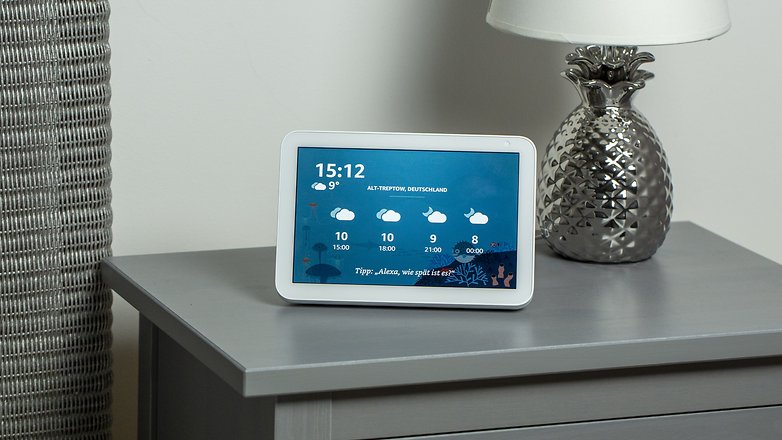
If my light switch doesn't work at once, I recognize another advantage. I can find out for myself what's broken. It only takes a single person to change a light bulb. However, those who are efficient tend to be rather cold toward such jokes. In addition, an electric circuit is not that complicated and most of us would already have been taught about it in school.
Hence, everything is top-notch and virtually problem-free when it comes to the light switch. It's been around forever, has been working without any major problems ever since, and doesn't need any upgrades for the actual "purpose in itself". If it ain't broke, don't fix it!
"Alexa, turn off living room lights!"
The resourceful marketing departments of well-known electronics manufacturers have nevertheless managed in recent years to develop a need in the midst of such simplicity. After all, why get up and go to the light switch when you can remain seated and issue a voice command in the apartment? "Alexa, turn off living room lights" could be the name of this command, and it already naturally indicates just how stupid the entire setup is.
This line of commands comes with a certain "Me Tarzan, you Jane" vibe - and simple sentence constructions like "I'll go to the store later" actually get many smart home users upset when they hear teenagers talking in the supermarket.
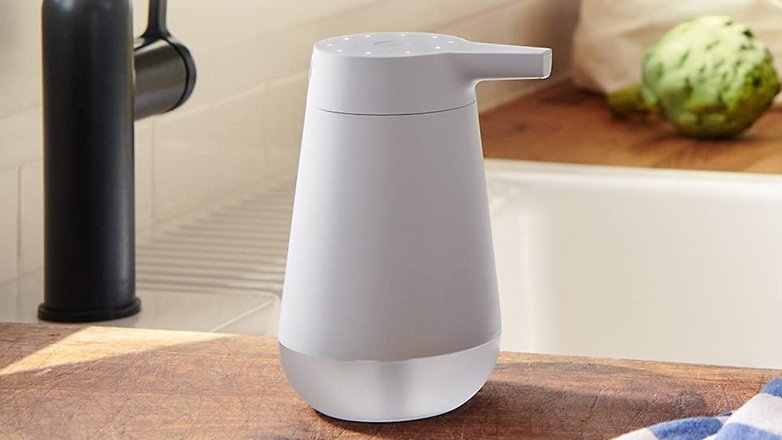
"Voice command" would be nothing without its second critical half of the word, though - commands. On the one hand, voice assistant microphones are so unreliable that you actually have to yell each input through the apartment like a field marshal. And on the other hand, uttering commands to voice assistants that are primarily voiced by female voices replicates sexist and patriarchal social structures. But I think this is going too far and would rather it be material for an article on a different website.
The on-off autonomy
What bothers me significantly more, apart from these rather unrelated topics to NextPit, is the voluntary surrender of autonomy vis-à-vis my own home. My light switch obeys only me and the people whom I grant access to my "dumb home." And if it's broken, I know how to fix it.
This degree of self-determination is lost, however, when I rely on smart lighting. It's not me, but Alexa who determines when my lights work. I even have to ask her to activate my lights. And even though Alexa is not directly connected to my lamp's circuit, but over distant servers that then communicate with my WLAN, through which the lamps receive the command to turn themselves on.
A highly complex connection that I can only influence through a memorized catalog of voice commands. Of course, I could still simply flip the light switch, but that then also deprives the smart home of the ability to activate my lamps. How uncouth is that?
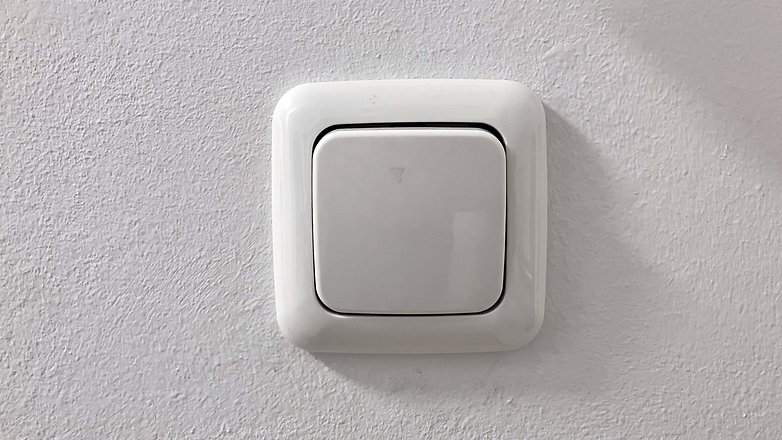
Who knows the MAC address of my light switch, how is the system separated from my smart security camera, and what promise do I have that all of this will continue to run in the future without subscription or restrictions? What if Amazon's next greenwashing plan is to disable all light switches at the next Earth Hour? Will I be left in the dark if there's an emergency? And just how error-prone is the whole thing?
In the U.S., several product categories from the provider Insteon failed without warning a few weeks ago. Sensors, smart light switches and much more were unable to establish a connection to their servers, and instead of light, there was panic in the midst of darkness. So the smart home is just one server failure away from being disabled.
Distrust vs. benefit
So where does this trust come from in companies that are obviously interested in profiting from our data? Amazon is not a family business that makes products because it is a tradition or a passion. Where are the responsible users who, when they go into a store, first assume that they will be sold overpriced goods that they don't need anyway? Is the benefit really so outstanding that it completely washes away the distrust in smart systems?
- Not convinced? These are the best Philips Hue lamps
This is even more pronounced in certain countries where the citizens have been spied on and eavesdropped on for years, and it is frightening how carelessly people put microphones with direct connections to the US or China in their homes on a voluntary basis. Even more so as there are enough reports that the privacy settings of Alexa, Google Assistant, and others are anything but flawless.
That you were to give all that up just to replace a frickin' light switch is the culmination of the digitalization compulsion among modern global citizens. Call me old-fashioned or a techno-skeptic, but the world is complicated enough. Don't replace your light switch with a network of microphones, servers and smartphone apps!








